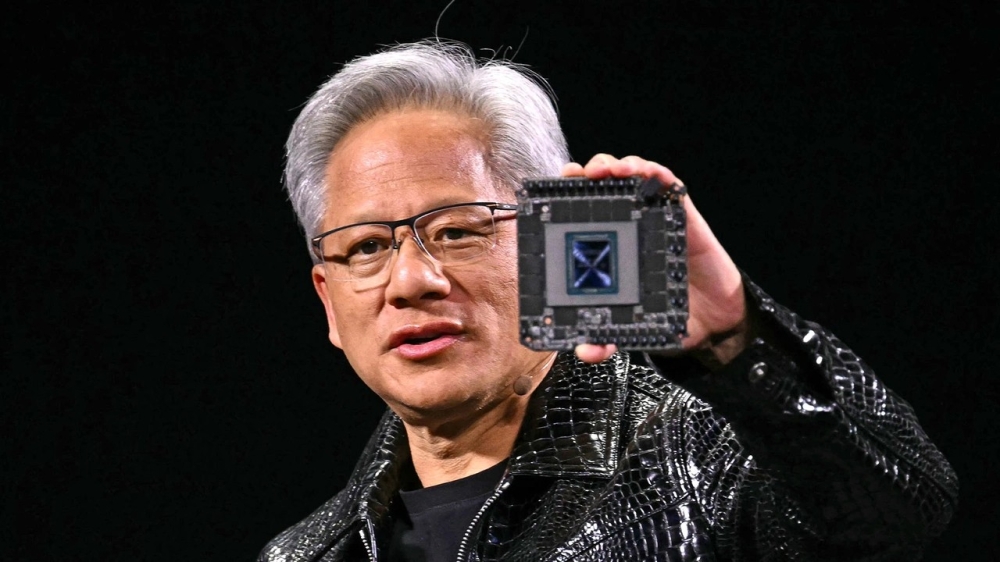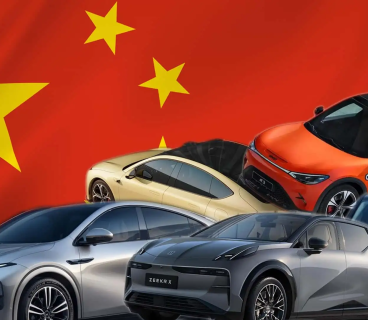Nvidia, one of the world’s leading chip manufacturers, has announced plans to partially relocate its AI chip production to the United States by beginning the construction of manufacturing and testing facilities spanning over one million square feet in the states of Arizona and Texas.
According to the company’s statement, production of Nvidia’s new Blackwell-series chips has already begun at TSMC’s plant in Phoenix, Arizona. Simultaneously, new factories are being built in Texas for supercomputer manufacturing — in Houston with Foxconn, and in Dallas with Wistron. For the chip packaging and testing phases, Nvidia is partnering with Amkor and SPIL.
Mass production at the Houston and Dallas facilities is expected to accelerate over the next 12 to 15 months. Nvidia’s ultimate goal is to build AI infrastructure worth half a trillion dollars in the U.S. over the next four years.
The company’s CEO, Jensen Huang, stated:
“For the first time, the engines of the world’s AI infrastructure are being built in the United States. Strengthening our U.S. manufacturing capacity helps us meet rising demand more flexibly, reinforce our supply chain, and improve our resilience.”
This announcement comes as Nvidia looks to avoid potential export restrictions on its H20 chip. According to NPR, the H20 — Nvidia’s most advanced chip permitted for export to China — is protected from such limitations due to the company’s domestic manufacturing efforts. Under an agreement with President Donald Trump, Nvidia committed to investing in components for AI data centers within the U.S.
At the same time, many tech companies are increasing their investments in AI within the U.S., in alignment with the Trump administration’s “America First” policy. Alongside OpenAI, SoftBank, and Oracle, Nvidia has joined the $500 billion U.S. data center initiative under the “Stargate Project.” Microsoft also plans to invest $80 billion in AI data centers for the 2025 fiscal year, with 50% of that investment based in the U.S.
The Trump administration is also pressuring companies like TSMC to shift manufacturing to the U.S., reportedly warning the firm of up to 100% tariffs if it does not build a new plant in the country.
Nvidia’s initiative is expected to create hundreds of thousands of new jobs and generate trillions of dollars in economic impact over the coming decades. However, expanding chip production in the U.S. may face major challenges, including potential trade restrictions on raw materials from China, shortages of skilled labor, and moves by the Trump administration to weaken the CHIPS Act — all of which could slow down new investments in the sector.
Ultimately, Nvidia’s decision represents not only a leap in technological development but also a strategic step to strengthen U.S. global leadership in the field of artificial intelligence.








